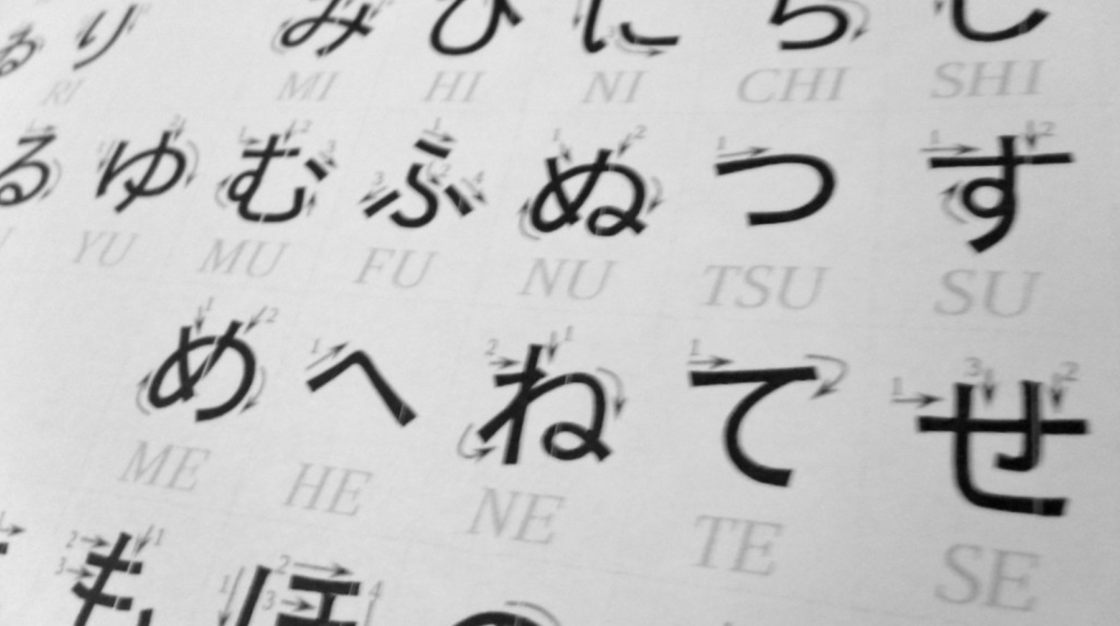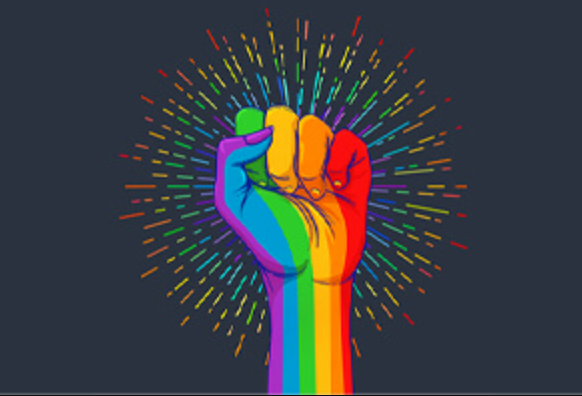On Thursday, December 1st, 2022, Stephanie Frappart made history as the first female lead referee of a World Cup match in the 92 years the World Cup tournament has been in place. The World Cup was firstfirst was played in Uruguay in 1930 and is held every four years, except for during World War II. Frappart, a French referee, was joined by Neuza Back of Brazil and Karen Diaz of Mexico, forming a trio of females refereeing the Costa Rica vs. Germany Group E match. In this year’s FIFA tournament, there are six females out of the thirty-six total referees.
When people began to recognize Frappart on the street after she gained popularity after refereeing previous matches, Frappart realized how change was arising, “So I am like a role model, for female referees but I think it [also] inspired women in society or in companies to take more and more responsibility.”
Refereeing is an intense job that requires referees to make quick decisions, especially at the World Cup where millions of people are watching. According to Sky Sports, referees make around 245 decisions over the course of a single game. If a single decision is wrong, it could drastically change the outcome of a game. This could prevent teams from winning titles at the World Cup tournament. Frappart explains, “When you make a mistake, it’s more important than if a player makes a mistake – there are more consequences for the teams. It’s also easy to say that it’s the fault of the referee and not the fault of our team.” Additionally, female referees undergo more severe scrutiny than their male counterparts, since football, or soccer, and leadership are male-dominated fields. Frappart hopes that her media exposure will inspire other women to view themselves capable of being referees, according to CNN.
Stephanie Frappart began her career in refereeing when she was 13 years old. In 5 years, she would referee national u19 games. In 2014, Stephanie Frappart would be the first woman to referee in Ligue 2, the second tier of professional men’s football in France, and in another 5 years, she would not only referee Ligue 1 in France, but also a major European men’s match. In a addition to refereeing, Stephanie Frappart is the first woman to officiate a UEFA Champions League, the 2019 FIFA Women’s World Cup, the second leg of the Champions Cup, the second leg of the UEFA Women’s Champions League, a FIFA World Cup qualifier, and the Men’s FIFA World Cup.
However, underneath this inspiring breakthrough, there has been substantial criticism towards Qatar as the country hosting the World Cup. Beyond accusations of sportswashing, the act of using an elite sport to improve a company’s reputation, migrant workers in Qatar, who built the stadium, were often underpaid, had excessive working hours, and were hired through illegal recruitment. Moreoever, Qatar is a country that severely restricts women’s rights and homosexuality is heavily criminalized. According to Amnesty International, women must be under the restriction of a male guardian in Qatar. Important decisions such as marriage, accessing reproductive healthcare, and working in jobs require permission from their male guardian. The six women who were the referees of the World Cup, while challenging these restrictions by exercising their rights, do not erase the many injustices taking place in Qatar.
On the other hand, defenders of Qatar claimed that these critiques by western media were “arrogant” and “racist.” FIFA sent a statement to each competing nation and they explained that the sport has no obligation to address global issues. The majority of football fans only have an interest in watching the sport, though whether it is the responsibility of the World Cup to acknowledge injustice to places it brings national awareness to is still debatable.
Sources:

















![Teacher [Milk] Tea: Part 2](https://bisvquill.com/wp-content/uploads/2024/03/Screen-Shot-2024-03-19-at-9.28.48-PM.png)

































